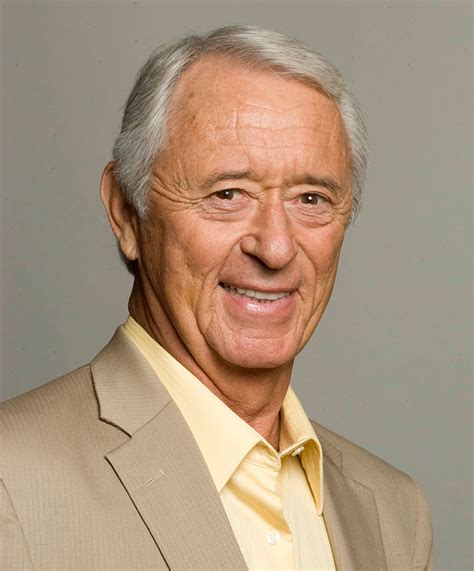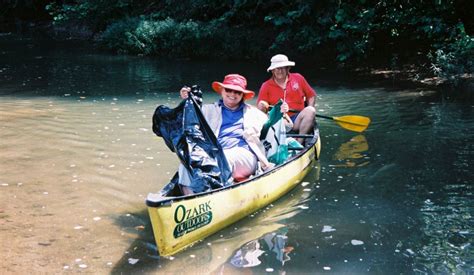A Quote by Chris Prentiss
What determines each person's state of happiness or unhappiness is not the event itself, but what the event means to that person.
Quote Topics
Related Quotes
I am a lay historian by nature. I seek out an empirical reflection of what truth is. I sort of want dates and motivations and I want the whole story. But I've always felt, unconsciously, that all human history is that connection from person to person to person, event to event to event, and from idea to idea.
If an event can be produced by a number n of different causes, the probabilities of the existence of these causes, given the event (prises de l'événement), are to each other as the probabilities of the event, given the causes: and the probability of each cause is equal to the probability of the event, given that cause, divided by the sum of all the probabilities of the event, given each of the causes.
So what is happiness? I am sure this question will be asked through the ages. And I doubt there is one answer for all people. Like heaven and hell, one person's happiness can be another person's unhappiness, which is why I'm not attempting to tell you what to do to find your happiness. I have enough trouble finding and hanging onto my own true happiness.
Don't be a perfectionist, because perfectionists often spend too much time on little differences at the margins at the expense of other big, important things. Be an effective imperfectionist. Solutions that broadly work well (e.g., how people should contact each other in the event of crises) are generally better than highly specialized solutions (e.g., how each person should contact each other in the event of every conceivable crisis).
No person on earth has the power to make you unhappy. There is no event on earth that has the power to disturb you or hurt you. No event, condition, situation, or person. Nobody told you this; they told you the opposite. That's why you're in the mess you're in right now. That is why you're asleep. They never told you this. But it's self-evident.
This is not remarkable, for, as we know, reality is not a function of the event as event, but of the relationship of that event to past, and future, events. We seem here to have a paradox: that the reality of an event, which is not real in itself, arises from the other events which, likewise, in themselves are not real. But this only affirms what we must affirm: that direction is all. And only as we realize this do we live, for our own identity is dependent upon this principal.
If you are walking down the street, camera in your hand, loaded and ready to shoot. You see a person falling from a high building, either having fallen or jumped. That person is falling through space. You don't shoot that photograph unless the theme you are working on has to do with the effects of space on the human figure. If you simply photograph that event because it is an event that is happening, you're doing photojournalism.
Surely the memory of an event cannot pass for the event itself. Nor can the anticipation. There is something exceptional, unique, about the present event, which the previous, or the coming do not have. There is livingness about it, an actuality; it stands out as if illumined. There is the "stamp of reality" on the actual, which the past and future do not have.


































